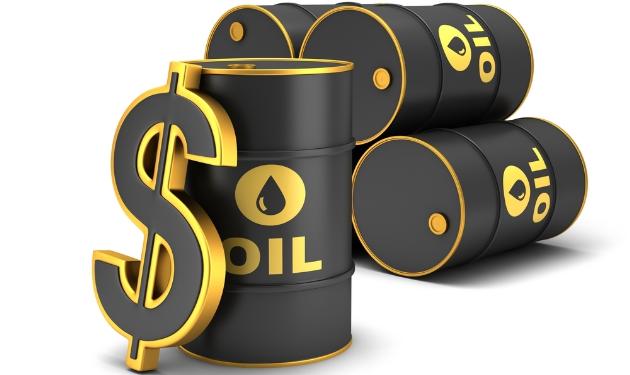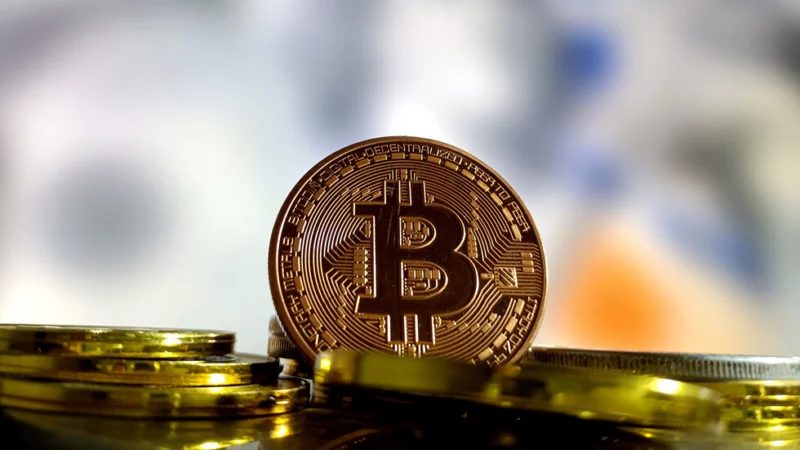Publisher: Maaal International Media Company
License: 465734
Economist: Gulf countries to earn $3.5 trln in 5 years on higher oil prices
The Economist magazine stated that the global energy crisis and geopolitical crises would change the formation of the features of the Gulf region in a way that would make its countries richer and more influential, and more able to withstand and survive.
In the context of its review of the effects of the Russian-Ukrainian war on energy markets and producer trends, the magazine indicated in a lengthy analysis that the Gulf countries could reap $3.5 trillion from rising oil prices over the next five years, because Western sanctions on Russia redirect how they trade energy in the world. With Russian production heading towards the eastern hemisphere, the Gulf States will become a larger and more important resource for the West, according to “al-Anbaa”.
In this context, the magazine talked about the response of Saudi Arabia and the UAE to the shortage in the energy markets by increasing their investments in oil, which aims in the long run to acquire the hydrocarbon industry, taking advantage of the huge decrease in the cost of production accompanied by the cleanliness of the extraction processes. The two countries are seeking to raise their joint production from 13 million barrels per day last year to 16 million barrels in the medium term, which will enhance their market share at a time when the governments of the world are seeking to reduce harmful emissions and a decline in global demand for oil.
اقرأ المزيد
As for liquefied natural gas, the magazine’s report pointed to Qatar’s continued efforts to expand the northern field project in the next few years, in a way that makes it similar to Taiwan in the field of advanced semiconductors in the field of liquefied natural gas. In 2021, its production was equivalent to a third of the total liquefied natural gas traded in the world. She believes that with the global shortage of gas, the timing is very appropriate.
The article suggests that the Gulf countries will be able to maintain their importance in international issues during the coming decades, as they were in the twentieth century, despite the hopes that some American strategists pin on the decline of this importance. The article also pointed to the possibility of an increase in the share of the Gulf states in Europe’s imports of oil and gas from its current level of less than 10% to more than 30%, noting that the economic weight of the Gulf states in the Middle East is now at its highest level since 1981, when It constitutes 60% of the region’s GDP, not to mention that it is expected to rise.
The report expected that the Gulf financial reserves and sovereign assets would rise in a way that would allow for more investments abroad, as Qatar intends to do with regard to the Porsche Automobile Company offering next week. On the diplomatic level, it is expected that the Gulf states will exercise greater influence outside their surroundings, noting that the UAE is already a force in the Horn of Africa.
The article considers the economic orientation of the Gulf Cooperation Council countries confusing about the balance between their intention to expand fossil fuel production projects over the next twenty years on the one hand, and their plans to reduce it sharply after 2045.
The report concluded by saying that this trend can be understood in theory, and this requires the Gulf countries to pump quick investments from the huge oil revenues to invest in advanced technical economies based on renewable energy, hydrogen systems and water desalination, in addition to possessing sufficient dynamism to create millions of job opportunities that it needs. The huge number of young people in the Gulf countries, and there is no doubt that it is a huge task from a practical point of view. Even if these efforts succeed, they will put the goals of the Paris climate agreement to the test. The Gulf states believe that they have a long-term perspective to manage this important transformation, but they are facing a major transformation with which a new face of the Gulf appears to be emerging.
So, the latest oil and gas boom in the world is arguably going hand in hand with the deeper trends of re-engineering global energy flows in response to Western sanctions and climate change, and reshaping geopolitical alliances in the Middle East as they adapt to a multipolar world instead of one global pole capable of ensuring security. The result is a new Gulf appearance destined to remain pivotal and important for decades to come.








